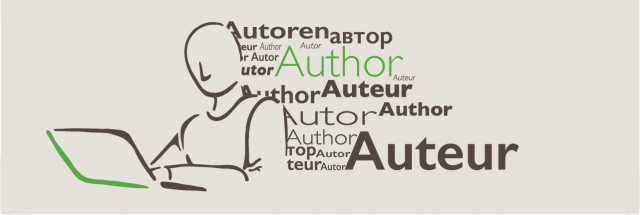‘Peace circles’ where quiet conversations influence, educate and inform women’s judgment as they mother the next generation and the birth a new nation.
 |
Sudan is Africa's biggest country and its population is divided along religious, ethnic and socio-economic divides: between Muslims and Christians, Arab and African, nomad and farmer. It has been in conflict since its independence in 1959, and different regions within the country have experienced severe unrest throughout the years.
Under the Comprehensive Peace Agreement (CPA) signed in 2005, the civil war between the Arab, Muslim North and the Christian and Animist, black African South officially came to an end. Under the CPA, the two ‘partners,’ the North’s National Congress Party (NCP) and the South’s Sudanese People’s Liberation Movement (SPLM) and other political parties in the country have agreed to several provisions. But the implementation of the CPA has been weakened by lack of trust and political will. And there still remain other unresolved internal regional conflicts, particularly in the Darfur region in western Sudan.
Sudan is in a crucial phase of its reconstruction. Women play a crucial but often unrecognized role in averting violence and resolving conflict. Women are often at the centre of civil society movements, whose influence is significant in the post-conflict period of a country's history. Since women often outnumber men after conflict, they spear-head the on-the-ground implementation of the peace agreement and take more leadership roles in all walks of life. Investing in one of the country's greatest human resource – women – will be a great benefit to Sudan.
Of course, there needs to be top level (track one) diplomacy, like the signing of the CPA. But track two diplomacy needs to be carried out – hearts and minds have to be convinced. I saw promise that this was possible for Sudan on my recent trip to the country. Peace is not just the absence of war, but the ability to nurture humanity in others.
Programs like Creators of Peace (CoP), a program of Initiatives of Change, can help. It challenges women to forgive and take individual steps in their lives to right the wrongs. A tool created by CoP called the Creators of Peace Circle (CoPC) uses various tools including sharing personal-stories and quiet time in an intimate group to create an atmosphere that explores the need for personal change. It creates a safe space for women to talk and be heard.
CoP was invited to Sudan in October 2007 and I had the great privilege of joining an international team of women there. The group facilitated two workshops: one in Sudan’s capital, Khartoum, and one in Juba, the capital of South Sudan. The participants included a mixture of scholars, politicians, social activists focused on women's issues, local NGOs, and students. These women have the potential to be the true midwives for peace in Sudan.
In Sudan, as in many other post-conflict countries, women have led the effort in rebuilding the local communities. As caregivers, the individuals most commonly responsible for raising children, women have a choice between perpetuating cycles of violence and prejudice or fostering families and communities that value forgiveness, positive change, and peace. To do that, I believe they must first look inside themselves to see what needs to change internally, then work together to make sustainable change in their communities. I met many women, who were already doing this and willing to take on this challenge.
Equipped with the right tools and opportunities Sudanese women can indeed be creative and effective in facilitating conversation that cross religious and ethnic lines in a non-threatening manner. Our time together introduced the often overlooked spiritual and personal introspection fostered by CoP's Peace Circles. The Sudanese participants commented on the uniqueness of the approach and the depth reached and the opportunity for Northerners and Southerners, Muslim and Christians to sit together and share in a deeply personal way.
 Secretary of Creators of Peace, Clementine Lue Clark from Jamaica and USA, pictured here (2nd from left) with Jean Brown (far right) and the Creators of Peace in Sudan, at the River Nile.
|
The women we met were battling with issues of forgiveness and justice. Can you have true forgiveness without the promise of justice? Many questioned whether the CPA will bring justice to individual grievances and address their personal needs. But there is always the question, what should be done first? Preparing the hearts and minds of individuals? Or the country’s structural framework? Moments where women can sit together and identify their shared vision for their country and banish stereotyped opinions of each other can help bring about sustainable change. The things they learn together in the quiet conversations will influence, educate and inform their judgment as they mother the next generation and the birth a new nation.


